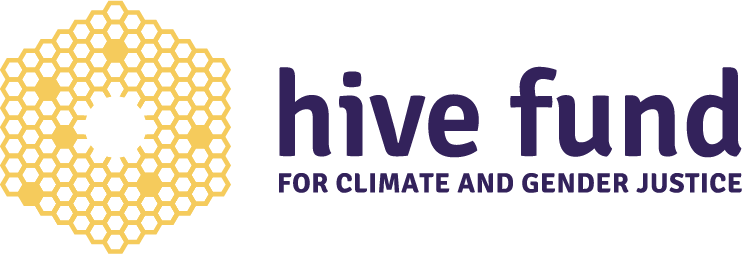Announcing Our Fall 2023 Grants
As we enter into what will be a critical year for democracy, we are moving resources to groups working to engage and protect voters and systems of public participation, including the right to contest dirty energy projects that cause harm to already over-burdened Black, Brown, and Indigenous communities. We are also supporting work to build healthy and powerful collaborations and strengthen disinvested communities’ capacity to compete for federal funding for clean energy and resilience projects. Several of our grants also support groups pushing back against carbon capture and sequestration and biofuels projects that are threatening the health of their communities and diverting resources from cleaner energy solutions like wind and solar.
Georgia
Black Sustainability, Inc. connects and facilitates knowledge transfer and skill building for a network of over 2,000 sustainability practitioners of African descent. It is also supporting grassroots leaders from the six most energy burdened zip codes in Atlanta to engage in implementation of the city’s clean energy plan and federal funding through the Inflation Reduction Act.
Concerned Citizens of Cook County is a social and environmental justice organization in Adel that organizes communities to address the health and environmental impacts of industrial biofuels and other polluting facilities and is working to help set broader precedents on cumulative impacts.
Georgia WAND Education Fund Inc. is an independent, grassroots, women-led organization that organizes frontline communities, especially people of color, women, and youth, to establish long-term solutions for social and environmental justice. It is currently organizing around the Plant Vogtle nuclear plant, the largest nuclear facility built from scratch in decades, whose astronomical costs are being transferred to ratepayers.
Remix: The Soul of Innovation is a social innovation firm that works alongside community members to develop infrastructure for inclusive economic development and public participation in the design and implementation of policies and projects within their community. It is developing technology that will make it easier for community-based organizations to apply for, win, and report on federal grants, as well as a mobile microgrid system that meets the needs of Atlanta’s most energy-burdened communities.
Louisiana
Electoral Collective is building a climate constituency in Louisiana by organizing and leveraging the collective power of existing climate justice and civic engagement groups across the state. The Collective provides a collaborative structure and critical resources including messaging guidance, coordination, and technical support for organizations to run aligned and successful campaigns to educate and mobilize voters.
Institute for Market Transformation co-creates public policy for high-performing and low carbon buildings. They work with community, business, and government leaders to make it easier for people to take action and to increase access to affordable, clean, and reliable energy. IMT also provides advisory support staff to Commissioner Davante Lewis of the Public Service Commission of Louisiana.
Louisiana Against False Solutions (LAFS) is a coalition of more than twenty groups fighting the buildout of carbon capture and storage infrastructure and working to strengthen weak regulations governing it. LAFS leverages expertise from law, environmental science, traditional and Indigenous knowledge-holders, experienced campaigners, fisherfolk, and frontline communities to create a powerful, aligned, and strategic campaign against the polluting industry’s false solutions.
North Carolina
Common Cause North Carolina connects people across NC to “hold power accountable” to the issues that matter most to everyday citizens. The organization is collaborating with dozens of coalition partners to bring a #UniteNC Townhall series to rural communities to amplify and develop solutions to issues such as environmental justice, democracy, and healthcare.
Democracy Green has led numerous successful campaigns and environmental justice movements that have produced real change in North Carolina and nationwide. Through community education workshops, enviro-democracy tours, legal petitions against dirty polluters, and online petitions the organization works to hold leaders and decision-makers accountable for their actions, moving them to rethink what is possible.
Kinston Teens is a youth-led nonprofit in Kinston that has been an integral part of voter engagement efforts in Lenoir County through youth civic engagement and leadership development programming, and is leading critical community resilience work, including the development of a neighborhood hub with community solar capacity.
REACH (Rural Empowerment Association for Community Help) addresses health impacts faced by communities living close to industrial agricultural facilities using leadership development, environmental justice community organizing, and coalition building. Building on decades of work on cumulative impacts and concentrated animal feeding operations (CAFOs), REACH is now growing its capacity to collect and synthesize research on pollution that will support policy advocacy at the state level.
Renewals
ACTS (Achieving Community Tasks Successfully) (Texas)
Power Coalition for Equity and Justice (Louisiana)
RedTailed Hawk Collective (North Carolina)
St. Croix Foundation (USVI)











